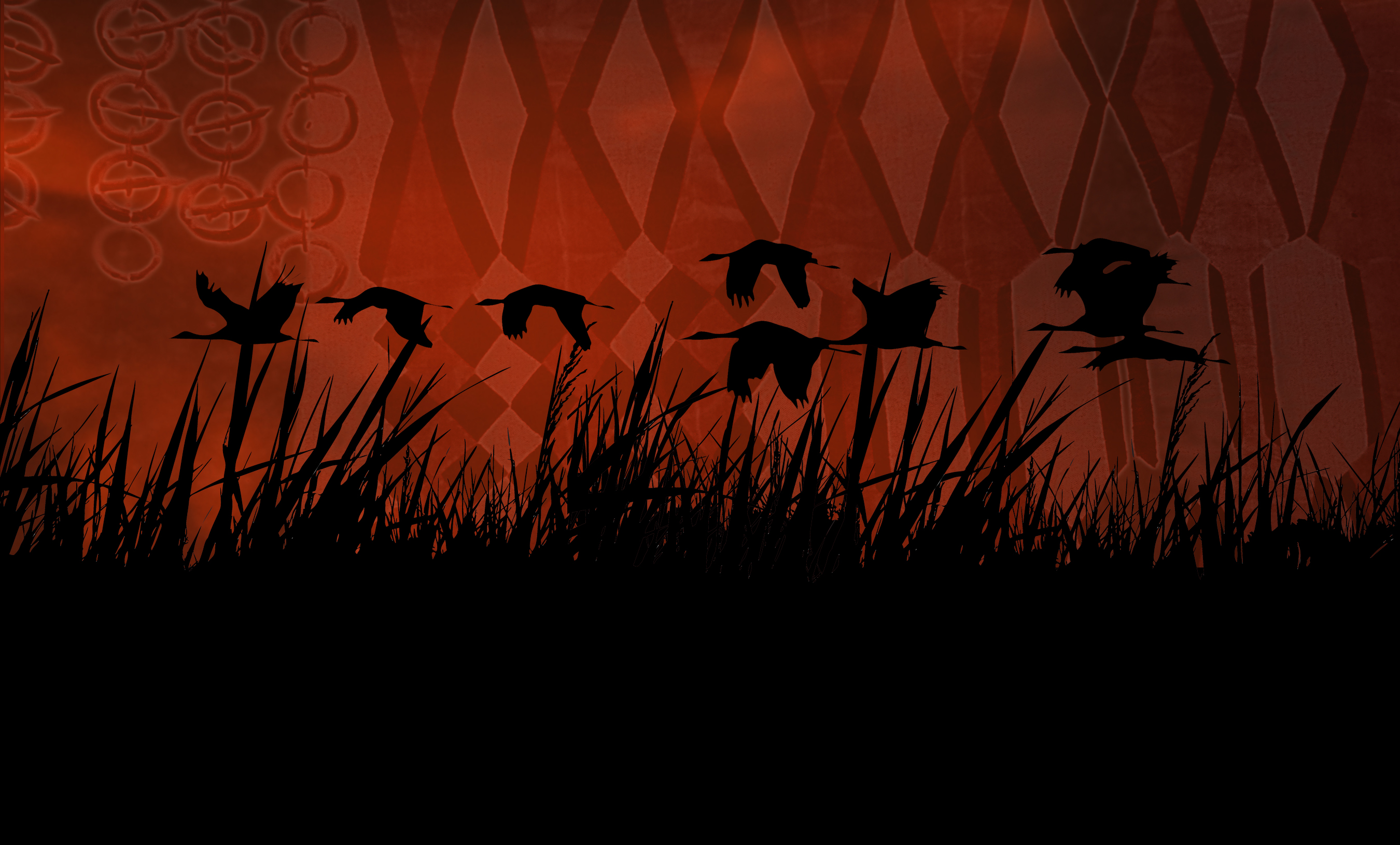Introduction
Inadvertent discoveries can occur under a variety of circumstances, including deliberate archaeological excavation for research or under the aegis of the National Historic Preservation Act (typically Sections 106 and 110) and accidentally, such as when remains are unearthed during construction or farming, or when they are found eroding from riverbanks and similar settings.
Unfortunately, the inadvertent discovery of ancestral human remains occurs too frequently. The Miami Tribe of Oklahoma does not condone or initiate archeological exploration that knowingly targets ancestral human remains, except under extremely rare circumstances where graves and cemeteries are threatened with destruction and consultation with us regarding such circumstances is robust.
The Miami Tribe has developed a policy for the inadvertent discovery of ancestral human remains that lie within the original homelands of the Myaamia people, whether those remains are found on federal, state, municipal, or private property. On federal property, please remember that NAGPRA automatically applies. Please contact Scott Willard, NAGPRA Director at
swillard@miamination.com for a current policy.
Initiating Consultation
In initiating consultation with us we suggest the following:
- We consider the Native American Graves Protection and Repatriation Act (NAGPRA) and its implementing regulations to be the minimum requirements for Tribal consultation and repatriation activities. Our ancestors deserve the same level of respect and reverence as a relative recently departed.
- All institutions that receive federal funding are responsible for fulfilling their own NAGPRA responsibilities. The Miami Tribe will consult only with authorized representatives of an institution. We do not recognize third party contractors acting on behalf of an institution.
- The Miami Tribe believes that consultation should progress at the pace desired by the consulting tribes.
- In-person meeting is the preferred method of consultation as schedules allow, as one in-person consultation is often more productive than multiple video conferences.
- However, when scheduling video consultation with us, please always provide a calendar invitation with the meeting link for video meetings.
- Before requesting consultation with us, please have ready an up-to-date, itemized inventory for the collections. An itemized inventory is crucial for the determination of affiliation, and we require it in order to initiate formal consultation.
- The Miami Tribe considers all objects removed from a burial mound to be associated funerary objects.
- We require site location information and access to field notes, reports, excavation photos, and other similar information associated with collections. This information adds context to affiliation determinations and to ascertain that all funerary objects (associated and unassociated) have been identified and will be reunited with the appropriate individual.
- Cultural affiliation will be determined by the consulting tribes. Unilateral determinations of affiliation made by an institution prior to the start of consultation will be rejected.
For more information on repatriation rules and regulations, please visit the
Manual page.
Contact Information

